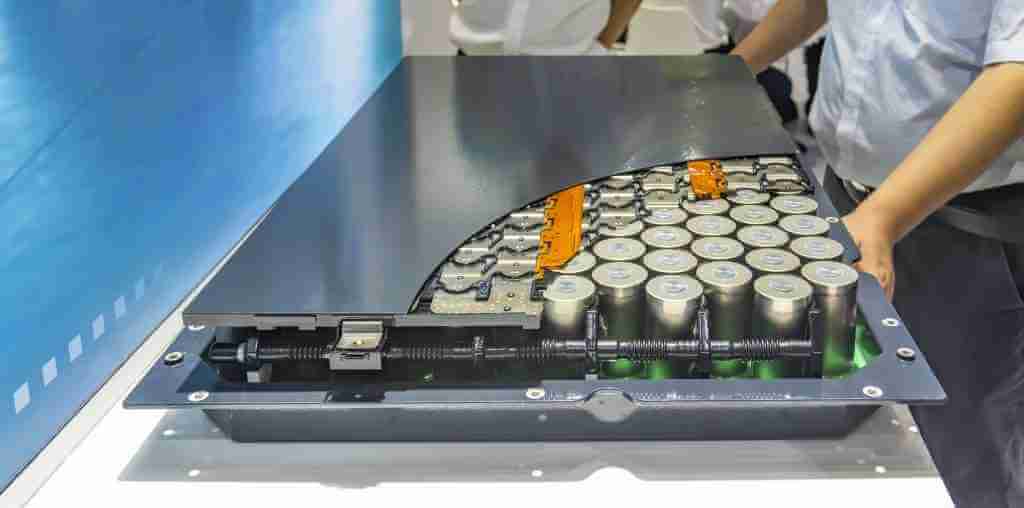The capabilities of rechargeable Li-ion batteries are determined according to various functions, energy storage capacity and behavior during discharge/charge cycles. The lifetime of a Li-ion battery is based on the number of discharge/charge cycles before the battery’s performance begins to degrade. Charge capacity testing—how much charge a battery can hold and for how long—is usually one of the first steps in determining the suitability of a Li-ion battery for a particular application.
Charge capacity tests are typically performed by discharging a battery under controlled conditions until it reaches target voltage and current levels. Charge capacity measurements require test equipment capable of supplying controlled amounts of power during a charge cycle and acting as an electronic load during a discharge cycle. Li-ion batteries are systems formed of many small cells, and practical test equipment should be capable of measurements at both cell and full system levels. Charge capacity testing can provide data for a Li-ion battery parameter of interest to many system designers when there is a need for mobility and portability: specific energy as a function of weight. A popular measurement instrument for evaluating Li-ion batteries during charge and discharge cycles is the bidirectional power supply, for its capability to function as an energy source as well as an electronic load.
Automatic test equipment (ATE) systems are often involved in characterizing a Li-ion battery during its charge and discharge cycles. Such systems can orchestrate full charge and discharge cycles with numerous safety functions, such as over-voltage, over-current, over-power, and overtemperature protection. These safety features guard against damage to a battery under test as well as damage to the test equipment, and they help understand a Li-ion battery’s behavior during stressful conditions. By performing multiple charge/discharge cycles and measuring a Liion battery’s behavior, the battery’s effective operating lifetime can be estimated and a model for the battery can be developed to explore possible improvements.
Measuring voltage stability, or the consistency of the value of the battery’s voltage as it discharges, provides a useful gauge of a battery’s performance and quality, especially when testing is performed over a wide temperature range and other changing environmental conditions. Severe drops or spikes in voltage during a discharge cycle serve as warnings of problematic reliability. In addition, impedance measurements are performed to evaluate the internal resistance of a Li-ion battery. This parameter, which increases with the age of the battery, also provides insight into the expected useful lifetime of the battery.
Rechargeable Li-ion batteries are powering growing numbers of civilian and military electronic systems, including for many critical applications such as secure military communications and medical/healthcare emergency systems. They are essential power sources in those applications and must not fail even under the most challenging operating conditions. For those reasons, evaluating a Li-ion battery for its fundamental electrical and mechanical characteristics can be viewed as only a starting point to the number of tests that can be performed to ensure consistency, reliability, and safety under a wide range of operating conditions. Fortunately, Dayon T. Brown, along with fundamental electrical and mechanical measurements, has developed an extensive series of specialized tests to evaluate Li-ion batteries of all shapes and sizes—from small, low-power units to massive, high-power battery systems.
For example, the effects of wide temperature ranges, vibration, shock, even corrosion can be tested on Li-ion cells and batteries. Additional tests can study the effects of punctures, rollovers, heating, fire exposure, even continuous charging on the performance and lifetime of a rechargeable Li-ion battery. Such extensive testing can ensure that a Li-ion battery is the right fit for a particular application, in all ways.
Matt May, Director of Operations
Dayton T. Brown, Inc. www.DTB.com





